Did you know zinc is an essential mineral our bodies cannot make or store? Yet, zinc is essential to all humans. This essential mineral can be obtained from foods or supplements. A minimum of 11 milligrams for men and 8 milligrams for women of this essential mineral is recommended daily for the benefits of zinc.
Shockingly, in developed regions around the world, an estimated 2 billion people are deficient in zinc to some extent!
Optimal zinc intake contributes to your health in various ways. Keep reading this guide to learn about just five great benefits of zinc and zinc-rich sources to incorporate into your diet!
1. Zinc’s Role in Hormone Health
Zinc plays a huge role in helping both men and women’s hormones function properly. It is crucial for reproductive health in men and women.
Hormonal Benefits of Zinc:
- Raises testosterone in men
- Reduces symptoms associated with polycystic ovarian syndrome (PCOS) in women
- Promotes healthy ovulation in women
- Reduces chronic acne (we will learn more about that later…)
- Supports thyroid hormones
- Essential to reproductive health
- Promotes protein synthesis
- Stimulates healthy hair and nail growth
- Boosts cognitive function
As you can see, zinc is critically essential to hormone health and many hormone functions in the human body. Keep reading this blog to learn about zinc’s role in immune health!
2. Zinc Promotes a Stronger Immune System
This essential mineral is known for its immune supporting powers. Zinc promotes a stronger immune system in both men and women by fighting off bad bacteria, creating new immune cells, fighting against viruses that invade the body, and much more.
Zinc also helps to fight off inflammation in the body; as well as, free radicals. Free radicals are unbalanced atoms that can cause illnesses and wreak havoc in cells. People with low zinc levels or zinc deficiencies, can be far more susceptible to illnesses and therefore become sick more easily compared to those with optimal zinc levels.
If you struggle with poor immune health, consider incorporating more zinc into your diet to aid your immune system, naturally!
3. Zinc Aids Wound Healing
Zinc has been proven to promote faster wound healing when either ingested or topically applied to a wound. Did you know that our bodies have roughly 70 enzymes essential to the wound healing process that are reliant on zinc in some way?
This is because zinc is needed for collagen and protein synthesis, immune function, and cell proliferation, which all contribute to tissue repair and regeneration. When our skin is wounded or we lose blood, we also lose zinc, which makes us susceptible to become zinc deficient. Maintaining stable zinc levels can help prevent zinc deficiency and ensure your body is able to optimally regenerate tissue.
Speaking of zinc’s role in wound healing, let’s discuss this essential mineral’s role in treating chronic acne!
4. Zinc Helps Fight Chronic Acne
Chronic acne is a painful problem that many young people struggle with due to various reasons. Thankfully, zinc is a natural alternative to prioritize in your daily diet or supplement regimen that can help treat chronic acne!
Interestingly, zinc has been one of the most studied acne treatments. Zinc has anti-inflammatory properties, which helps to reduce swollen, inflamed acne. Both dietary zinc and topically applied zinc can have progressive effects on chronic and regular acne. This essential mineral can even help reduce the appearance of acne scars!
Moreover, acne is often related to hormonal imbalances, which may be due to mineral deficiencies. Incorporating zinc into your diet and supplement regimen can combat both issues at the same time!
5. Zinc Slows the Progression of Macular Degeneration
As we age, many accept that vision loss is just a natural fact of life. But what if I told you zinc can significantly reduce age-related macular degeneration!?
Recent studies have demonstrated that there is a key link between zinc and slowed, or reduced, progression of macular degeneration in older adults. Macular degeneration is a big problem for older adults as it can cause serious vision loss. Zinc is great at helping to prevent macular degeneration, as well as lessening the progression of the condition. Zinc contains special antioxidants that can specifically combat retinal damage that is associated with age related macular degeneration.
People may start noticing macular degeneration around 55-years-old. If you’ve noticed a decline in your vision, consult with your doctor and consider incorporating zinc into your diet and supplement regimen!
How Can I Get More Zinc in My Diet?
There are several great food sources that are rich in zinc and can help you maintain optimal zinc levels! Some sources include:
- Rock oysters
- Lamb
- Beef
- Pumpkin seeds
- Crab
- Almonds
- Oats
- Dairy
- Cashews
- Eggs
- Dark chocolate
- And much more!
If you feel that you are not getting enough zinc in your diet, using a zinc supplement is also an effective option. Supplementing with this essential mineral is a highly effective way to raise your zinc levels and help your body to function at its highest potential.
Take Away:
Zinc has many undeniably useful purposes that range from improving hormone health to even slowing macular degeneration. These benefits of zinc are why here at Eabha Organics, we use Zinc Chelate Bisglycinate in our hormone balancing supplement, Total Balance. Everyone needs stable zinc levels, so be mindful of your zinc intake to enjoy its great many benefits!
There is a long list of foods that are rich in zinc and also delicious! So there are many sustainable ways that make it easy to get plenty of the essential mineral in your diet. If you are struggling with any of the issues discussed above, consider trying to raise your zinc intake in an effort to resolve unwanted health issues and feel healthier overall.

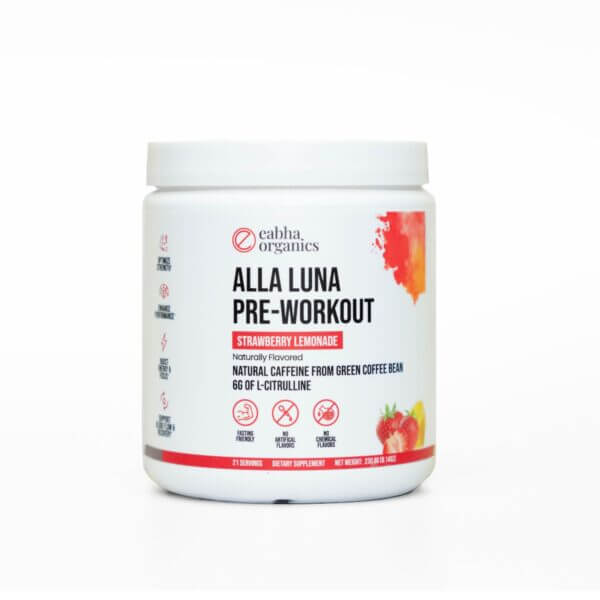

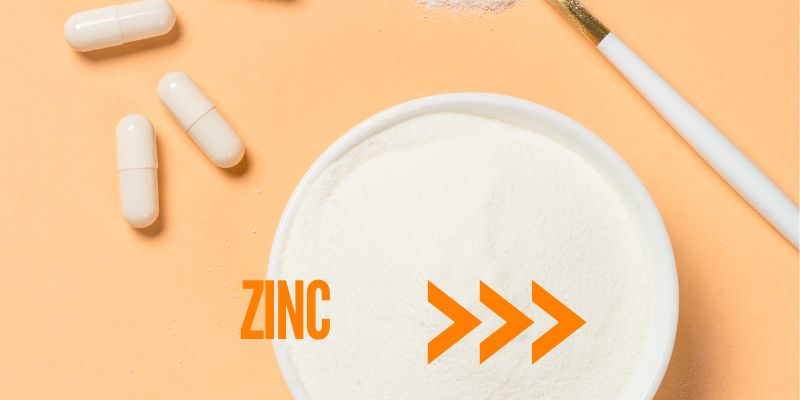
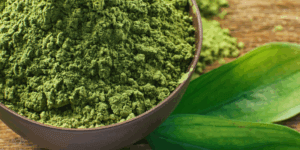

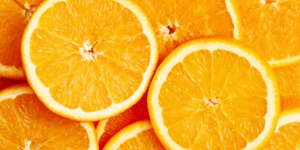
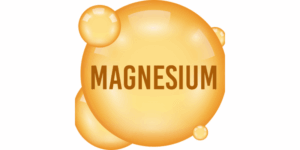
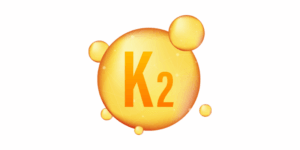

2 Responses